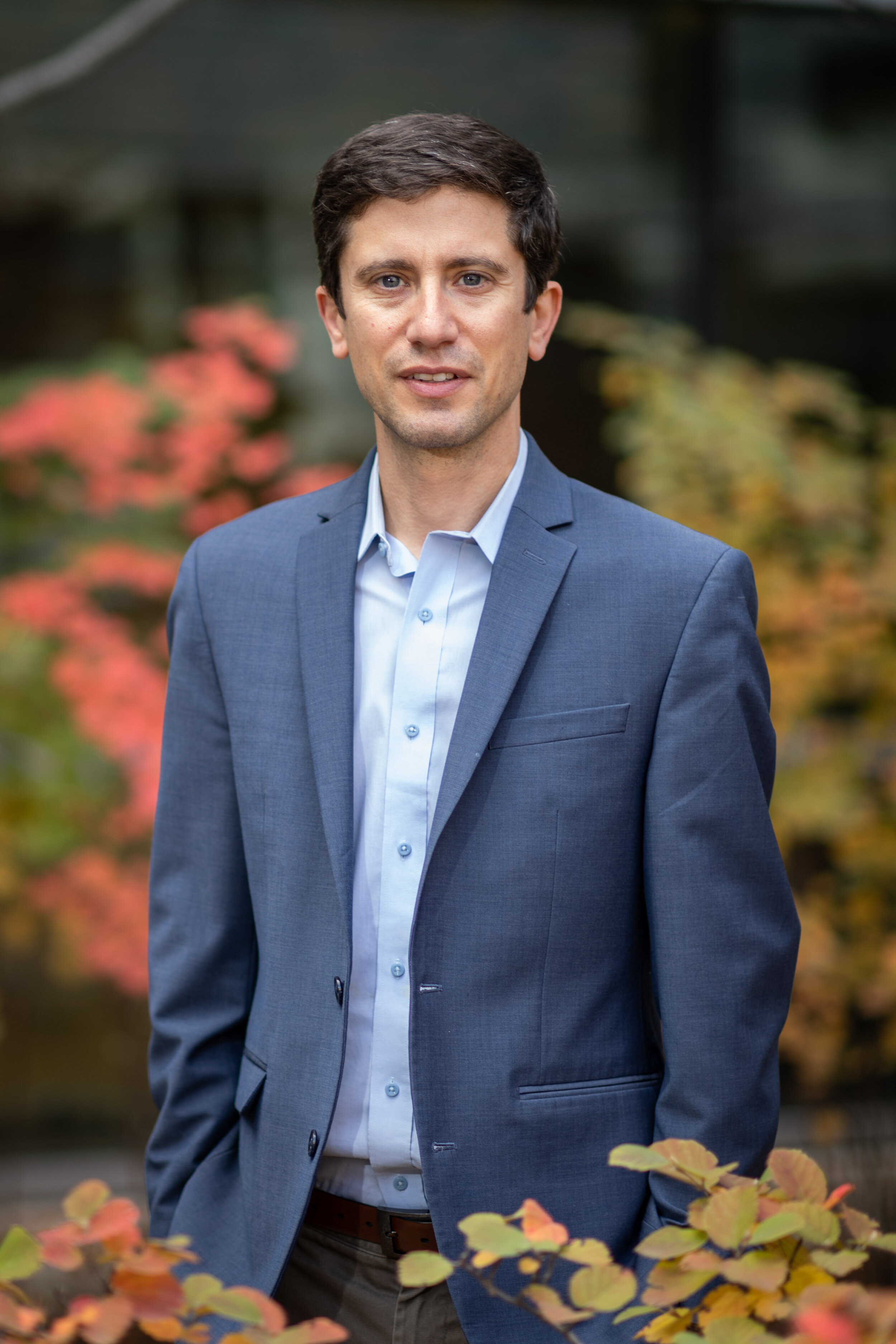
SENSE Network Organization
The Sense Network is led by Drs. Jennifer Deal and Joshua Ehrlich, with support from a Steering Committee of multiple institutions and diverse expertise. The Committee oversees work and ensures integration across the Network Cores. Our Cores provide shared resources and services to advance the SENSE Network's goals. An external advisory board advises the Steering Committee.
DISCOVER OUR CORES
Data Collection, Harmonization, & Integration Core
Research Development & Mentorship Core
Dissemination & Translation Core
Meet Our Leaders
Our Steering Committee
-
Dr. Jennifer Deal
PI
-
Dr. Joshua Ehrlich
PI
-
Dr. Lindsey De Lott
Co-I
-
Dr. Alden Gross
Co-I
-
Dr. Kenneth Langa
Co-I
-
Dr. Jay Pinto
Co-I
-
Dr. Nicholas Reed
Co-I
-
Dr. Varshini Varadaraj
Co-I





